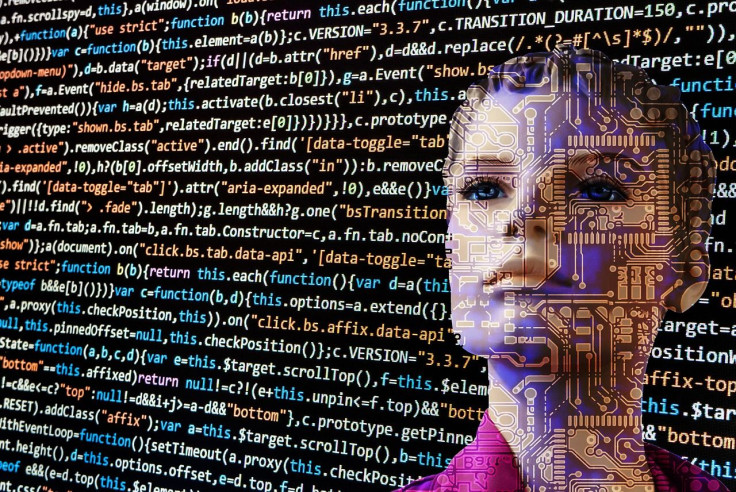Coronavirus Treatment: How Artificial Intelligence Might Slow The Spread Of COVID-19

As companies from numerous industries come together to battle the spread of coronavirus in whatever way they can, tech companies have begun to explore ways in which artificial intelligence might be used to fight and study the virus.
The Daily Mail on Monday profiled Zegami, a data research firm based out of Oxford University that has been working on applying machine learning to help diagnose cases of COVID-19. The company claims that once its program is further developed it will not only be able to diagnose patients by comparing their X-rays to those of other coronavirus patients but also predict the severity and outcome of their infection. For now, Zegami is working to acquire more X-ray images from hospitals in order to better train the system.
The White House announced plans in March to provide coronavirus research papers to tech companies for the purpose of using AI algorithms to mine them for insights. By feeding them the over 2,000 research papers published about coronavirus since December, the algorithms may be able to detect patterns and potential treatments.
Meanwhile, tech leaders are also hopeful that the current global pandemic will inspire further investments into AI for healthcare and greater integration of the technology in general.
Kevin Scott, Microsoft’s chief technology officer, wrote about the AI opportunity in a book set to be released Tuesday, "Reprogramming the American Dream: From Rural America to Silicon Valley—Making AI Serve Us All." Scott claims that AI can make major contributions to some of the world's biggest problems like the ongoing health crisis.
Microsoft has been working with Adaptive Biotechnologies on using AI and anonymous blood samples to map how the immune system responds to COVID-19 and why some patients become critically ill and others are asymptomatic.
Scott believes that how tech impacts COVID-19 could have far-reaching effects down the road. "I think our reaction to this horrible pandemic we’re having now could produce a wave of investment and innovation in biotechnology that defines the next 75 years," Scott told the Seattle Times.
"If you imagine the safety net that people need right now, given the economic disruption, having that ubiquitous, cheap, high-quality health care would make an enormous difference in people’s lives."
© Copyright IBTimes 2024. All rights reserved.





















